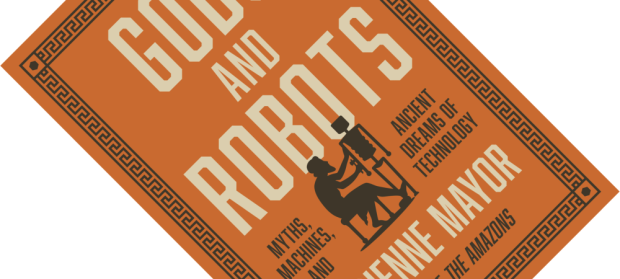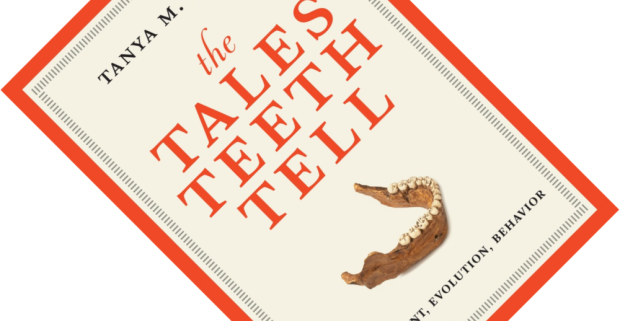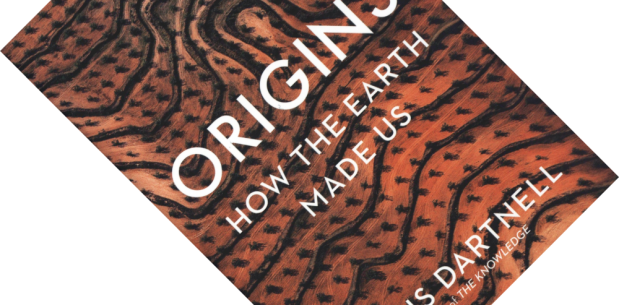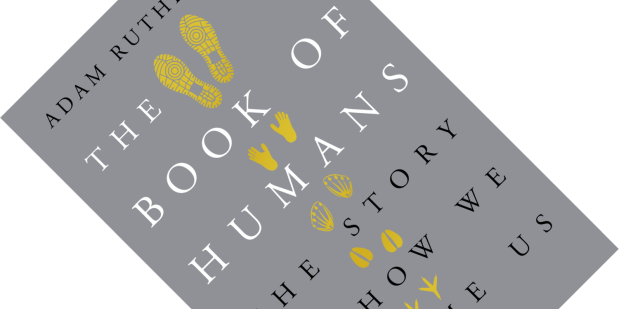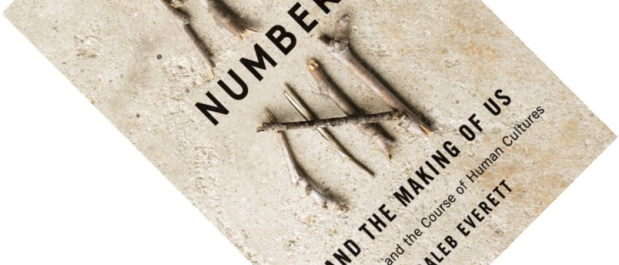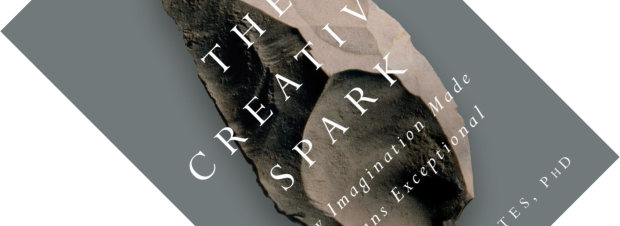6-minute read
Why are we, from an evolutionary standpoint, the last man standing? This question fascinates archaeologists and anthropologists, and the dominant narrative is one of humans outcompeting other hominin lineages, driving them extinct. In the process, our evolutionary cousins, such as Neanderthals, always get the short end of the stick, being clumsier, dumber, or just generally inferior to us. In a book that is both a popular summary of his work and a critique of current thinking in archaeology, evolutionary biologist Clive Finlayson aims to redress this balance. Neanderthals, he says, were a lot smarter than we give them credit for, and one unexpected line of evidence comes from the birds that lived alongside them.


